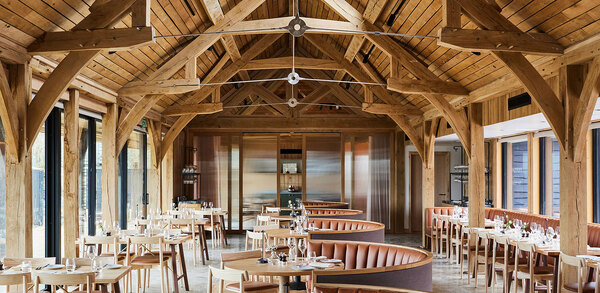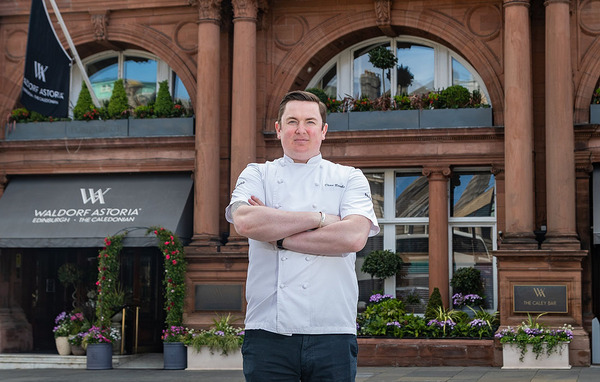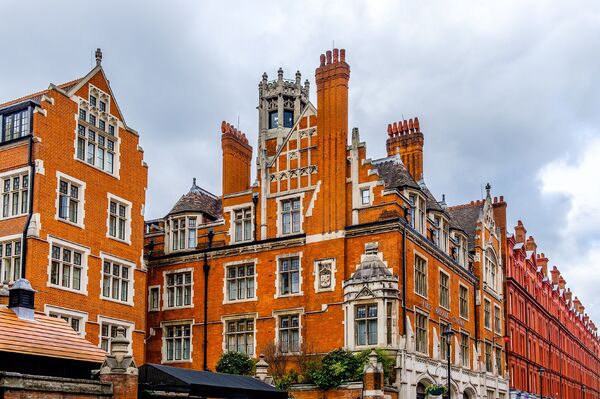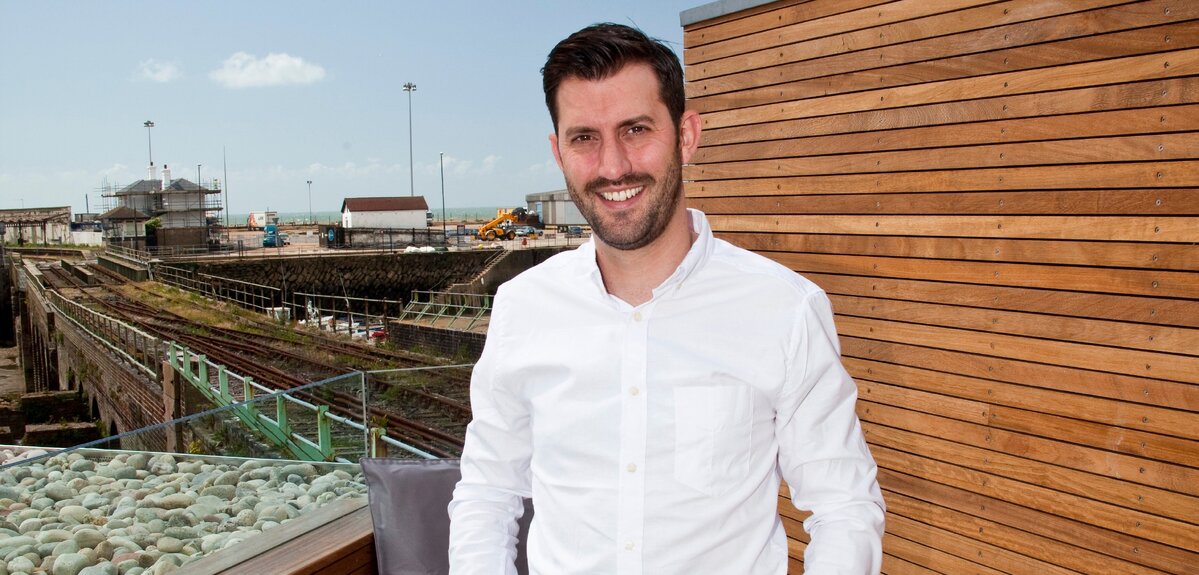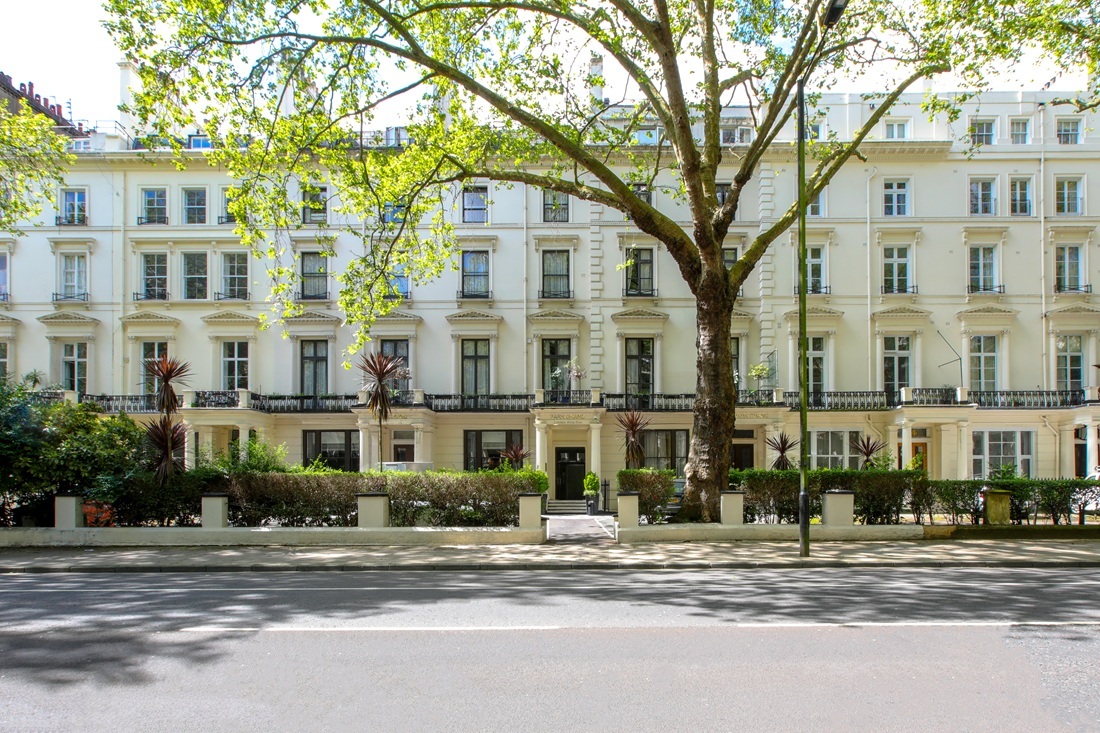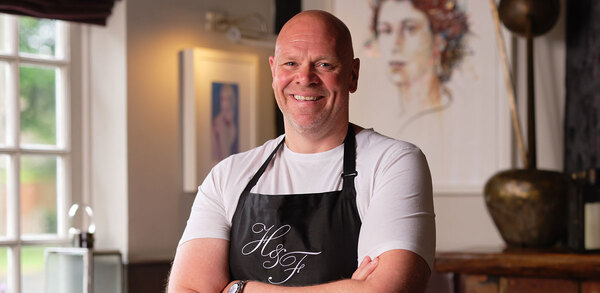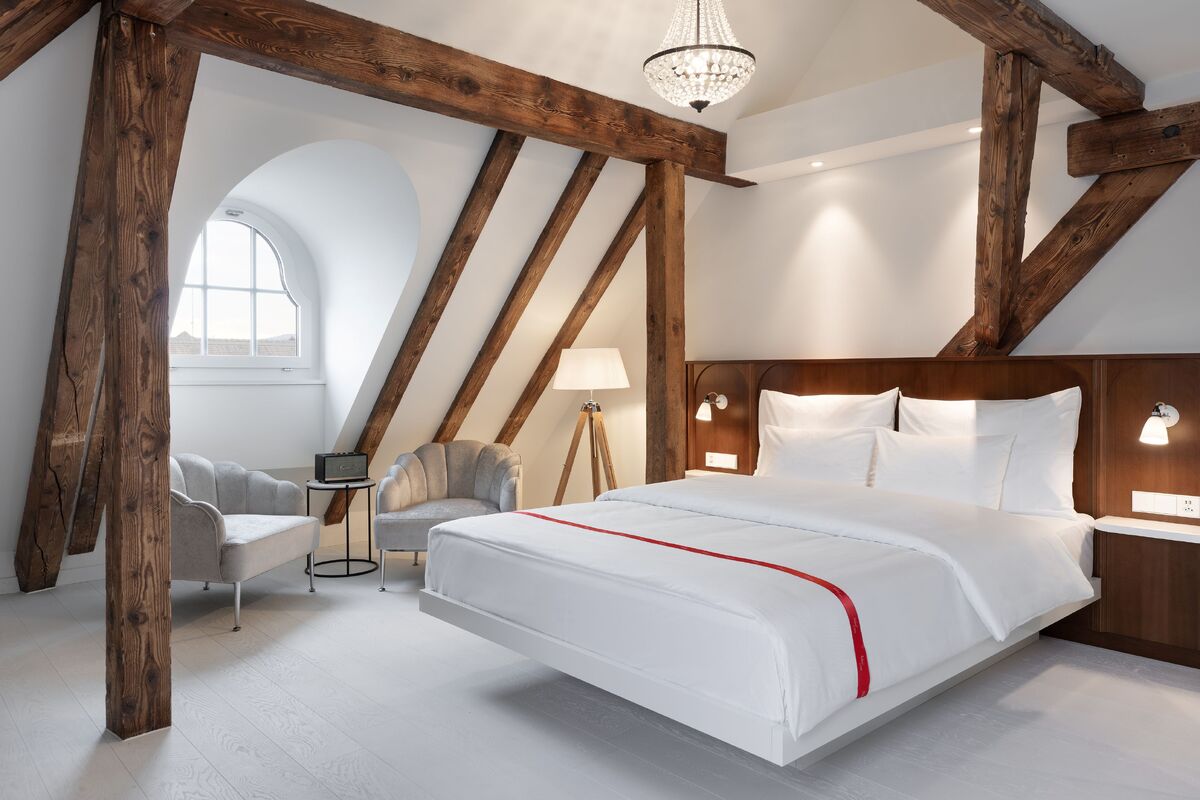Who's who… Mövenpick Hotels & Resorts
Who are you?
Jean Gabriel Pérès: president and chief executive officer
Pascal Voyame: financial controller
Stefan Flury: senior vice-president Europe
Andreas Mattmüller: senior vice-president Middle East
Steven Nikolov: senior vice-president sales and marketing
Richard Oehler: senior vice-president human resources/quality assurance
Alaeddin Babaoglu: vice-president development
René Dietsche: vice-president food and beverage
Where are you?
Europe: Germany (12), Switzerland (9), Netherlands (2), Czech Republic (1), Italy (1), Turkey (1)
Middle East and Africa: Egypt (10, including two Nile cruisers), Jordan (4), Saudi Arabia (2), Qatar (2), Kuwait (1), Lebanon (1), Morocco (1), Tunisia (1)
Your vital statistics
Hotels: 48 Bedrooms: 9,327 Employees: 6,373
Trading 2002: turnover, Sfr403.6m (£187.7m); earnings before interest and tax, Sfr7m (£3.26m); average occupancy, 58.8%
Guests per year: about three million
What's the history of the company?
It's the hotel management arm of Mövenpick Holdings, a Swiss-based multinational formed in 1948 when Ueli Prager opened the first Mövenpick restaurant in Zurich. Its independently-run stablemates include Mövenpick Gastronomy International (which runs 133 restaurants), Mövenpick Premium Food and Mövenpick Wines.
What does the name mean? It was inspired by seagulls Prager observed swooping for food over Lake Zurich. He felt the image described the nature of his restaurant, designed to offer high-quality lunchtime food for city people in a hurry. Based on the German word for seagull - Möwe - Mövenpick means literally "picking seagull".
What sort of hotels does it operate? Since opening its first two hotels at Zurich airport in 1973, Mövenpick has expanded to 48 properties in 14 countries. They break down broadly into four-star business hotels in European cities and airports and five-star resorts at holiday locations in the Mediterranean and the Middle East.
The largest is the 435-bedroom Mövenpick Hotel Prague in the Czech Republic, while the 72-bedroom Mövenpick Hotel Weingarten in south Germany is the smallest. However, there are four Swiss hotels with 35-60 bedrooms from the early days which are marketed as Mövenpick hotels but are still managed by the restaurant division.
Does Mövenpick own hotels it runs? No, it prefers to manage hotels, and this is certainly the case for those in the Middle East and North Africa. Some of its European hotels (11 in Germany and two each in Switzerland and the Netherlands) are leased simply because this option is more prevalent in those countries.
What sort of business mix and customers does M"venpick attract?
Corporate business accounts for about 80% of trade in its European hotels, while the leisure market represents about 85% of business at its other properties.
Germans are its biggest fans, accounting for 35% of its customer base. Other nations to appear regularly on its guest books include Switzerland (9%), the UK (9%), the Benelux countries (7%), the USA (6%), Italy (5%), Egypt (4%) and France (4%).
Has it plans to expand? Mövenpick's plans to open between five and eight new properties in Europe, Africa and the Middle East over each of the coming three years will see it break the 50-hotel and 10,000-bedroom barriers in 2003. Last year it entered virgin territory with hotels in Saudi Arabia and Lebanon, and this year moved into Kuwait and Turkey for the first time.
This year will also see the opening of hotels in Taba and El Alamein, Egypt (with 406 and 256 bedrooms respectively), Bahrain (114) and Berlin (243). They will be followed by a 400-bedroom hotel at Paris Euro Disney in 2004 and two are due to open in 2005 at Rome Valle dei Casali (310 bedrooms) and Dubai's Media City (504).
Has ownership of the company changed? Yes. First, in 1992, Prager sold a majority stake in Mövenpick Holdings to German Baron August von Finck. Then, in 1998, the hotel division became a joint venture with Kingdom Holding, which is owned by Prince Al Waleed Bin Talal Aziz al Saud of Saudi Arabia. Mövenpick Holdings now wields a 60% stake in the hotel business, while Kingdom Holding holds 30% and JP Morgan Investment Bank the remaining 10%.


